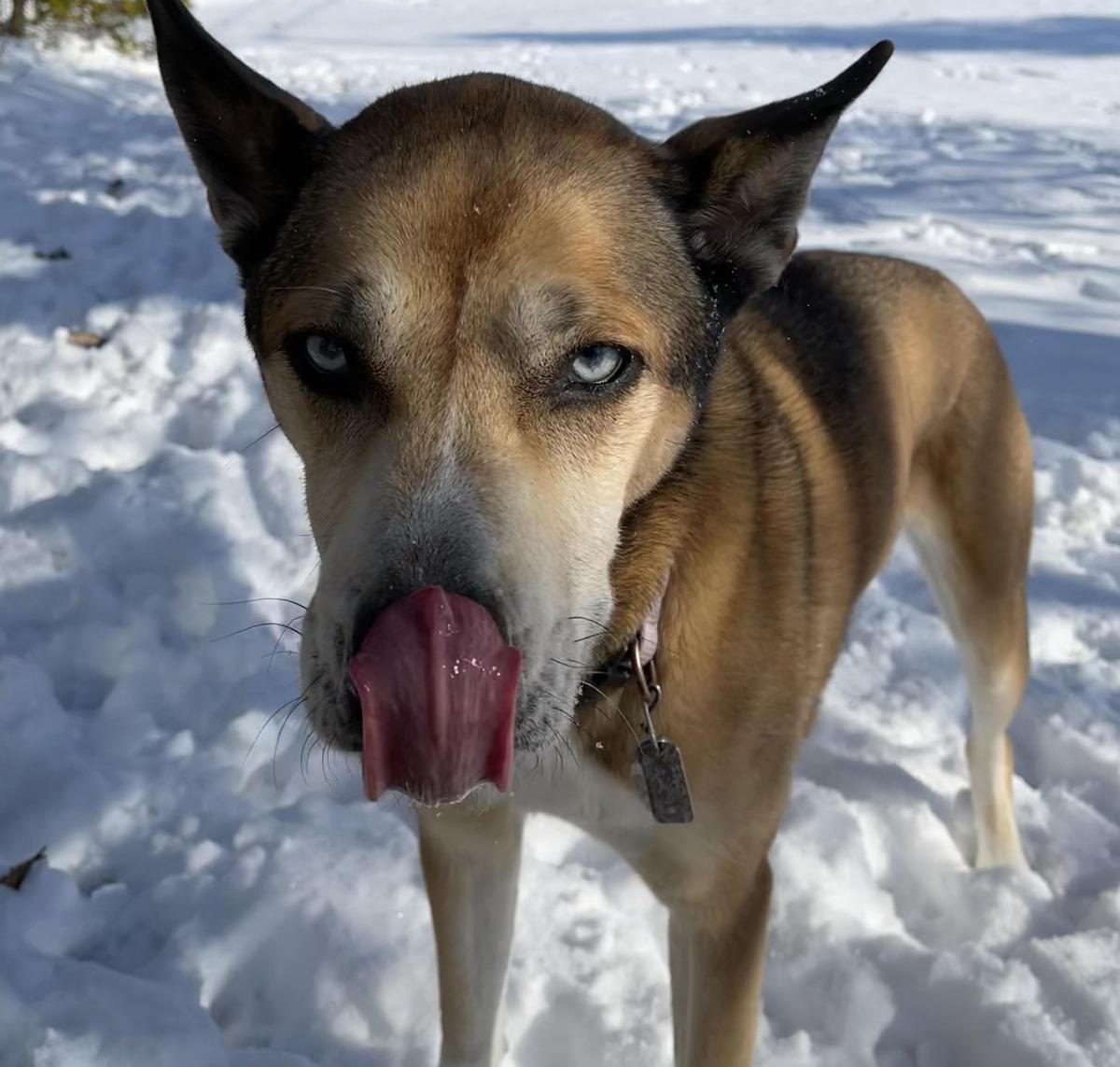Three Pet Food Myths Debunked

- posted: Dec. 28, 2023
Three Pet Food Myths Debunked
The number of brands and types of pet foods available for our dogs and cats is astounding and it can be quite confusing when trying to determine the best diet for your pet. Can my dog really eat kibble every day of her life? Is raw food better? What about organic or “human grade” foods? Grain free? Let’s debunk three common myths associated with pet foods and what your pet should eat.
Myth #1: Raw foods are better—wild cats and dogs eat them, why shouldn’t my pet eat raw?
Domesticated dogs and cats are a far cry from their wild ancestors and have been eating commercially prepared foods for decades. Raw diets may seem like a healthy alternative, but there are concerns. The biggest concern is bacterial contamination which can be bad for our pets but can also pose a risk to humans causing serious infections particularly in children or immunocompromised people. Both cats and dogs can be infected with Salmonella, Campylobacter and other bacteria known to cause food poisoning which may lead to diarrhea and digestive issues. While not all pets may show symptoms if infected, they can spread infection to their owners from bacteria harbored in the pet’s mouth or shed in poop. In addition, raw diets could be over- or under-supplemented with essential nutrients and thus do not always provide a balanced diet. One study showed up to 60% of raw diets had improper levels of calcium, phosphorus and other nutrients which could lead to health problems.
Myth #2: Grain-free diets are healthier—grains are bad and may lead to allergies
Grain free diets have been quite popular in recent years being touted as healthier, with more meat, less “filler” and a false belief that gluten and grains are bad for dogs leading to skin and digestive issues. The truth is, most grain free diets turned out to be detrimental to dogs due to deficits in an amino acid called taurine and other substances that may lead to heart disease, specifically a condition called dilated cardiomyopathy. In addition, most dogs with food allergies are actually allergic to proteins such as chicken or beef, not to gluten and grains. True gluten allergies in dogs are very rare and they have not been reported in cats at all. Dogs need carbohydrates for energy and they are healthy in moderation. While grain free diets may seem to make sense for cats who are obligate carnivores, the lack of certain amino acids and other essential nutrients are concerning and grain free diets are not recommended for cats either.
Myth #3: Organic or Human Grade foods are better for my pet than kibble
Fresh diets such as the Farmer’s Dog or Smalls are popular choices for pets. Again, they sound appealing as they are touted as being made from “real” food, minimally processed with no by-products and better for your pet. Unfortunately, terms like “natural” and “organic” have no official FDA rules governing the use of these labels on pet foods. In addition, many of these small, boutique companies do not perform actual AAFCO feeding trials or have any research behind their formulas. These diets may be lacking in important vitamins and minerals and have not been proven to be any better or more nutritious than kibble.
Raw, grain free and fresh dog and cat foods may seem like good choices and we all want the best for our pets. However, the reality is that there are serious concerns with these diets harboring bacteria, causing heart disease and lacking essential nutrients to keep your pet healthy. While there are some cases in which a dog or cat may need a properly formulated home cooked diet or may need to avoid certain ingredients due to allergies or other health concerns, your best bet in choosing the best diet for your pet is to have an honest conversation with your veterinarian. Veterinarians study nutrition and, in most cases, the big companies that have science, research and AAFCO (Association of American Feed Control Officials) food trials in which diets are fed to real animals to ensure balanced nutritionally sound diets are usually the best bet in feeding your pet a healthy diet. Our veterinarians and the veterinary governing bodies such as the AVMA recommend Purina, Royal Canin, Hill’s Science Diet and Iams/Eukanuba but we are happy to discuss the pros and cons of alternatives with our clients.
This blog brought to you by the Patton Veterinary Hospital serving Red Lion, York and the surrounding communities.
https://www.dvm360.com/view/fact-or-fiction-debunking-common-pet-food-myths
https://www.papayapet.com/resources/3-pet-food-trends-that-are-more-fad-than-fact/
Location
Patton Veterinary Hospital
425 E Broadway
Red Lion, PA 17356
